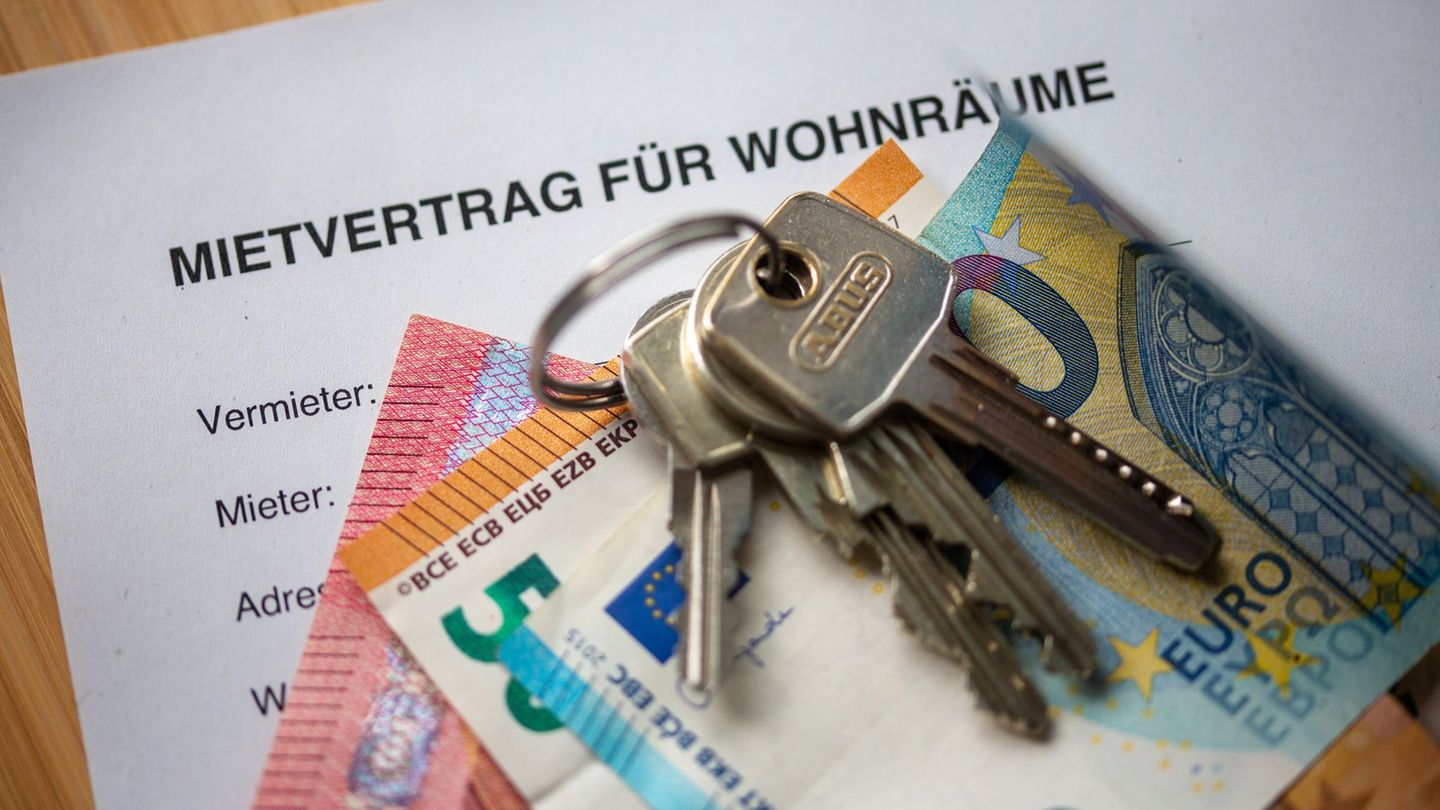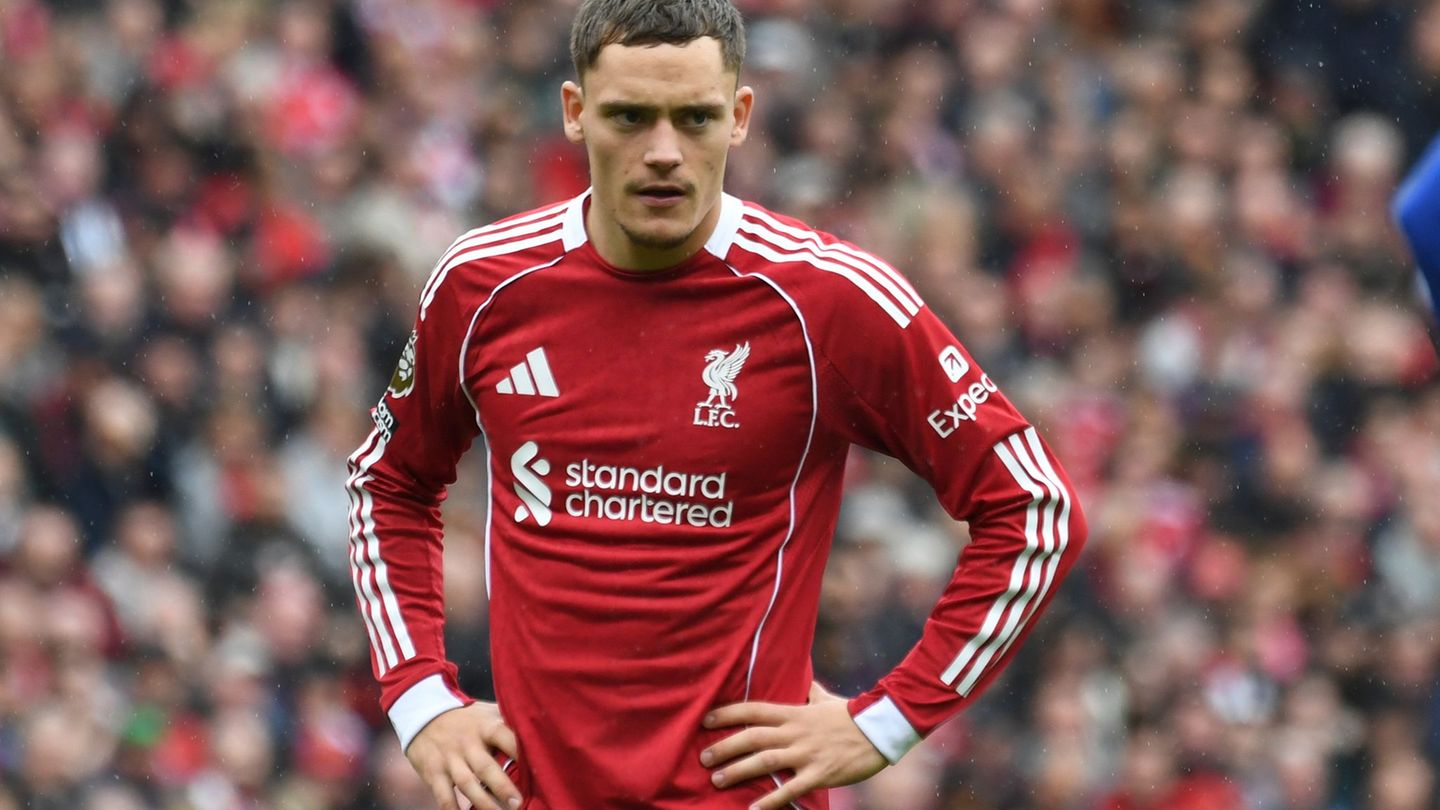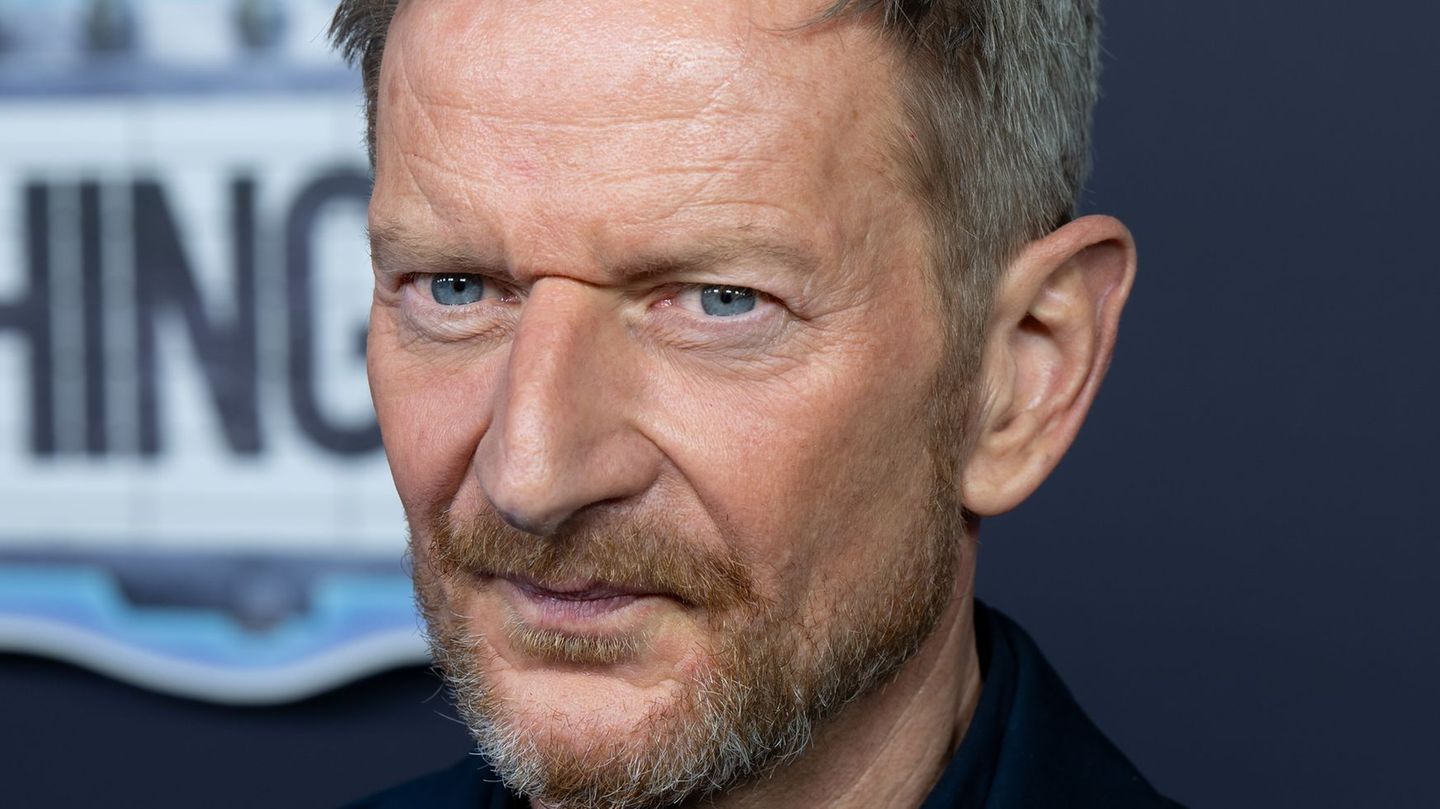The center-right GERB party of long-time Prime Minister Boyko Borrisow and the “Wanfdel continued” (PP) party, which was only founded in September, are in a head-to-head race. In the presidential election next Sunday there will be a runoff between Rumen Radew and Anastas Gerdschikow.
According to the polling institute Gallup International, the new hope in Bulgarian politics PP wins the third parliamentary election this year with 25.7 percent. The former center-right ruling party GERB follows closely behind with 25.5 percent of the votes cast. Two other polling institutes see GERB just ahead.
A majority capable of governing as a key issue
Third place went to the Bulgarian Socialist Party (BSP) with 14.5 percent. The economically liberal Turkish party DPS is represented in the next parliament with 10.2 percent. The winner of the new elections in July, the populist formation “There is such a people” (ITN), fell to eight percent. The conservative electoral alliance “Democratic Bulgaria” also received significantly fewer votes – 6.9 percent. It is a surprise that the Russian-affiliated party “Vazrashdane” has the chance to move into parliament. In Gallup International’s exit polls, it comes to 4.2 percent and is thus just above the four percent threshold for entry into parliament in Sofia.
Around 6.7 million Bulgarians were called to elect the new 240 parliamentarians. The key question in this election, however, remains unanswered on the evening of the election after the third ballot of this year: will the new parliament be able to agree on a majority capable of governing? Such an attempt failed after the regular election on April 4th and also after the early parliamentary election on July 11th. Since then, Bulgaria has been led by a transitional government.
Video: Ernst Gelegs (ORF) reports on the election in Bulgaria
This video is disabled
Please activate the categories Performance cookies and Functional cookies in your cookie settings to display this element. My cookie settings
Turnout lower than expected
GERB remains in political isolation. Its reputation has plummeted over the past two years due to allegations of corruption and abuse of power. This makes it possible to form a government only with the participation of parties from the anti-GERB camp that are ideologically hardly compatible with one another. The new political glimmer of hope offers itself as a compromise carrier – the ideologically undefined PP party, founded and led by the political newcomers Kiril Petkow and Assen Wassilew. The socialists, the conservative coalition “Democratic Bulgaria” and the populists from ITN are also candidates for a government majority.
The key question of the government majority depends very much on the turnout, which, according to Gallup International, is significantly lower than expected at 36 percent. Experience has shown that the low turnout consolidates the core voters of the major parties.
The presidential election, which took place at the same time as the parliamentary elections, did not, however, lead to a higher turnout. According to the first exit polls, incumbent Radew received 49.1 percent of the votes cast. Because of the low voter turnout below 50 percent, Bulgaria will vote on November 21st in a runoff election on the head of state for the next five years. Radew’s challenger Gerdschikow came to 26.5 percent on Sunday.
Source From: Nachrichten




